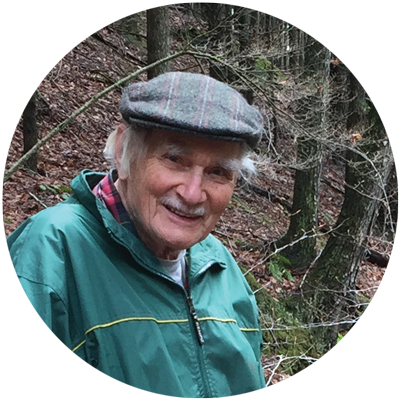Home > Climate News >
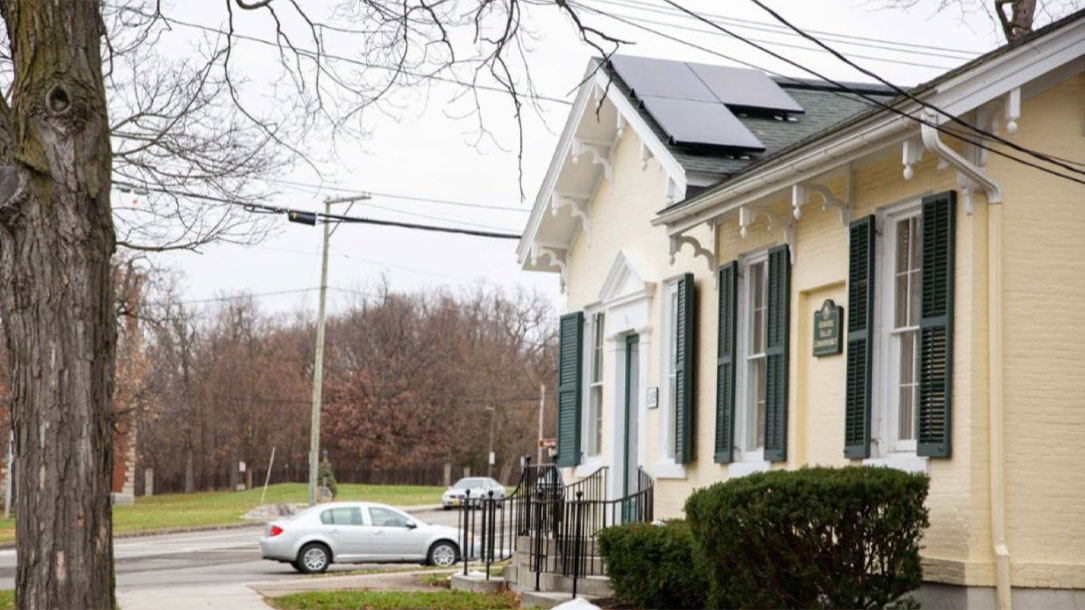
Office upgrades: Going solar
Historic 1 Main Street, built in 1835, has received its most recent modernization this fall with the addition of solar panels to provide clean electricity.
Building owners Meg and Billy Lloyd partnered with Genesee Valley Conservancy to install the photovoltaic system that will offset 100% of the land trust’s electric use. They acknowledge that “while the land trust works to protect habitat, open space, and farmland in the Genesee Valley, a large supply of power is needed to run the operations of this work: computers, printers, lights, modems, etc.”
The up-front costs were shared by the building owners and the Conservancy, as both will benefit from the project. The Conservancy will see an immediate reduction in monthly utility bills and after six years will break even on the initial investment and begin seeing a net-savings.
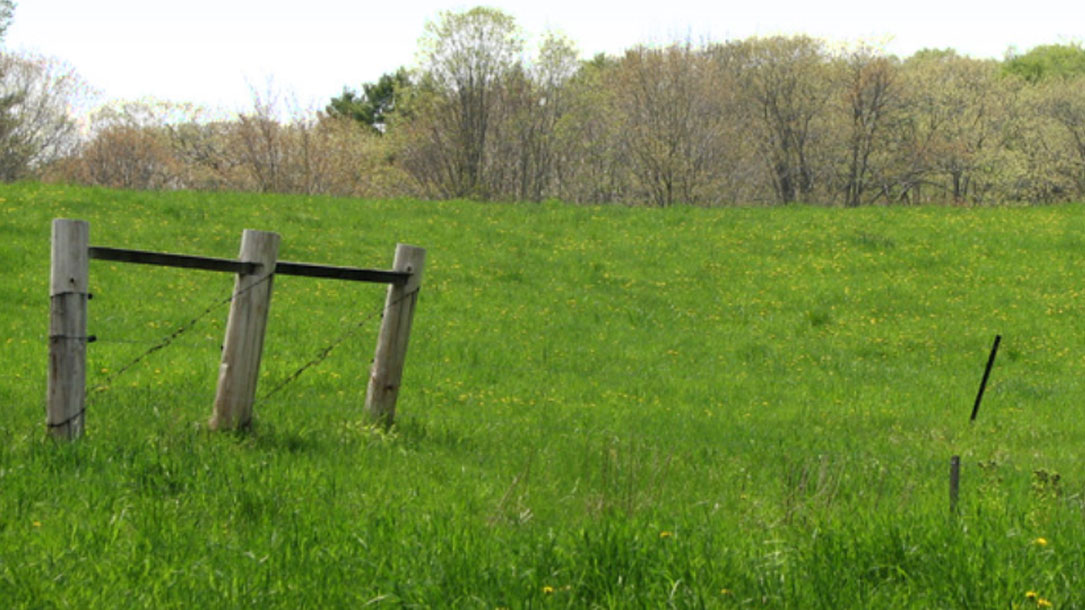
Freeport Conservation Trust
“Freeport Conservation Trust is a grass-roots land trust dedicated to sharing Freeport’s special natural places, valued for recreation, wildlife habitat, clean water, farming, forestry and scenic beauty. Since 1977, our volunteers and staff have partnered with landowners, neighbors, local businesses, the Town of Freeport, and other groups to conserve and connect more than 1,500 acres of open space and nearly 20 miles of public trails. From ridgelines to ravines and islands to woodlands, together, we’re preserving the places you love…”
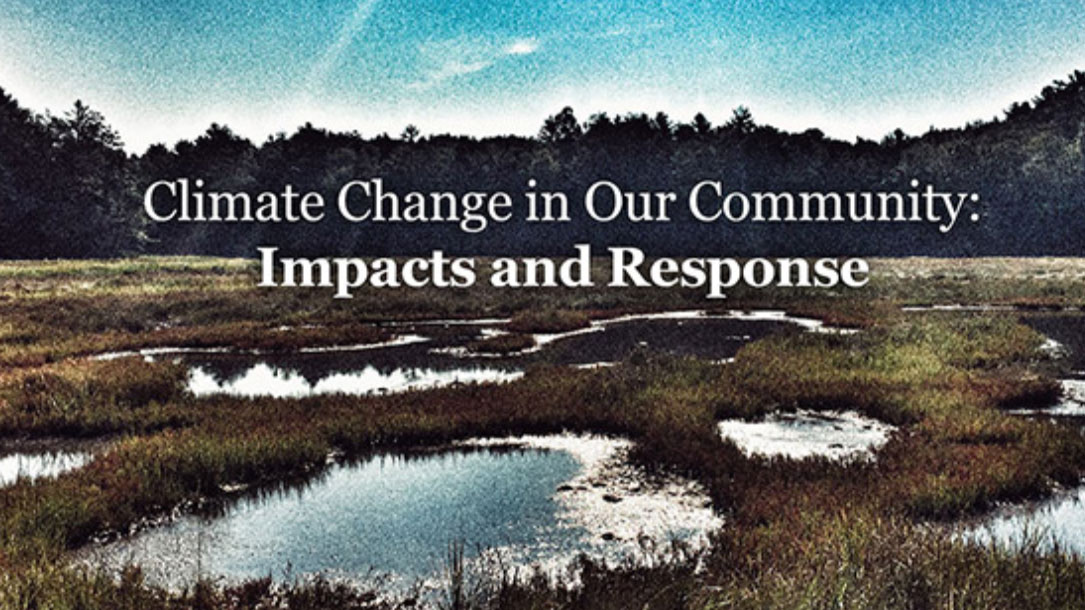
Climate change in our community: Impacts and response
In January, Freeport Conservation Trust partnered with a local arts group, Freeport Arts & Cultural Alliance, and local contributors, for a presentation of writing and art from the book A Dangerous New World: Maine Voices on the Climate Crisis. They then came together to discuss how people felt climate change is impacting them and what they can do about it. Partnering like this, with people who are local, can be very powerful.
Last year, they hosted a conversation at their annual meeting about how the impacts of climate change are being felt locally. They stated on their website:
“Casco Bay is warmer, the sea level is rising, and annual precipitation and extreme weather events have increased. It is critical that our community understands the impacts of climate change and takes steps to respond.”
Check out the presentation and how they related it to what people know and care about.
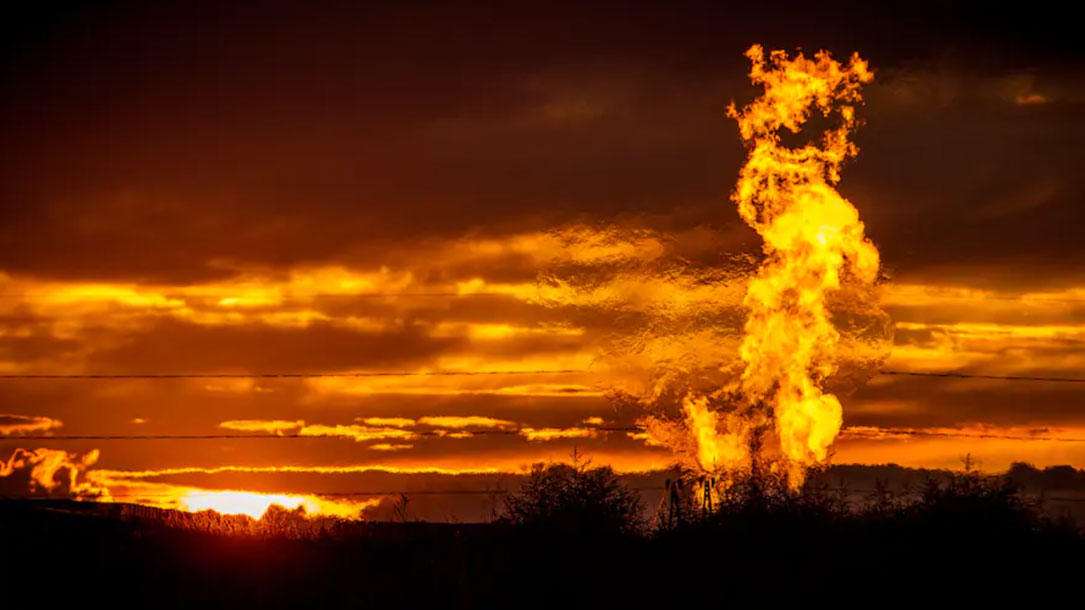
Methane is a hard-hitting greenhouse gas. Now scientists say we’ve dramatically underestimated how much we’re emitting
“Scientists and governments alike have been greatly underestimating emissions of the powerful greenhouse gas methane from oil and gas operations, according to new research published Wednesday, suggesting both a threat and also an opportunity to curb leaks of the hard-hitting molecule.
The contention emerges in a new study in the influential journal Nature, which draws on samples of ancient air extracted from within the Greenland ice sheet to measure levels of atmospheric methane before humans started burning fossil fuels…”
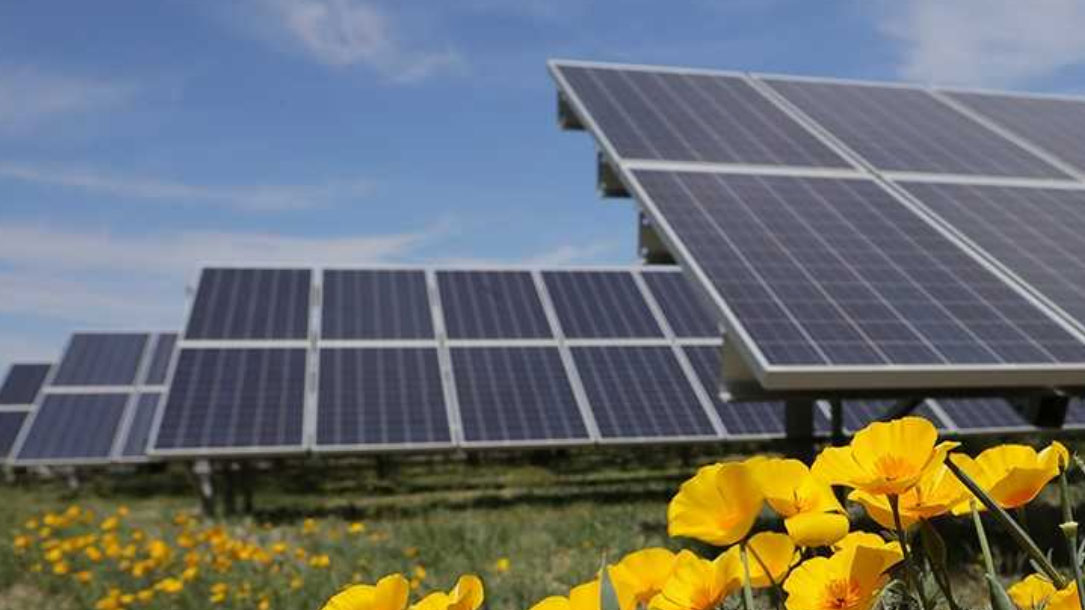
Tucson Electric Power Series
Tucson Electric Power (TEP) provides safe, reliable and increasingly sustainable electric service to approximately 425,000 customers in Southern Arizona. The company is on track to surpass its own ambitious renewable energy goals by expanding use of wind and solar power. TEP is a local leader in community service, volunteerism and economic development efforts, with energy efficiency programs that help customers to better manage their energy costs. It is with great pride that we spotlight TEP programs and services.
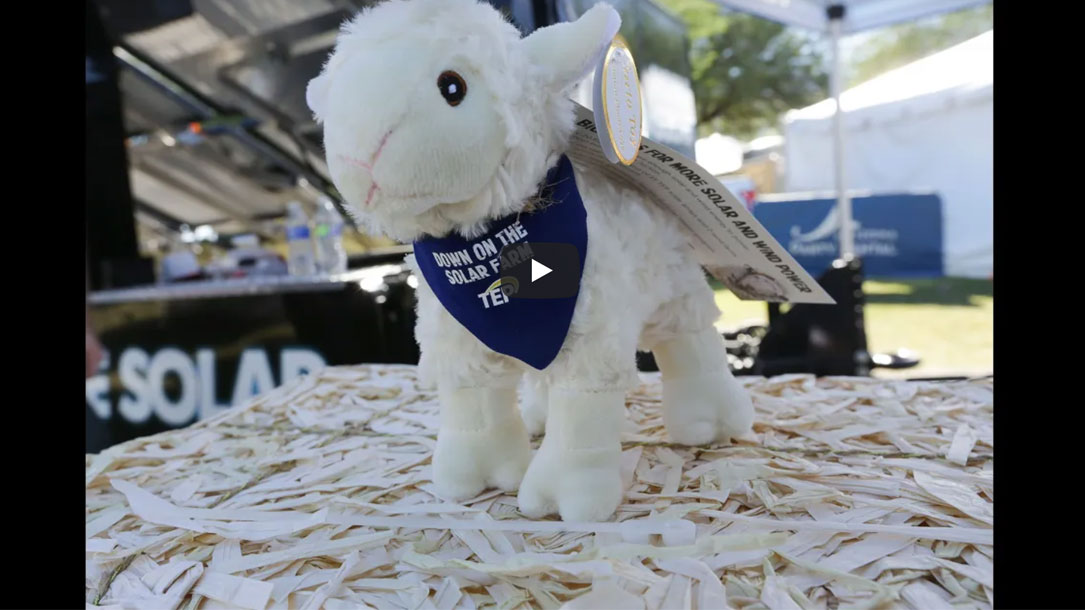
Mrs. Green is happy…
A flock of sheep chews away the weeds that grow underneath one of Tucson Electric Power’s (TEP) solar arrays instead of lawnmowers, spray, or weed trimmers, demonstrating one way TEP supports eco-friendly practices.
“To make sure our large solar array gets plenty of sun, we can’t let the weeds grow too high. That’s where the sheep come in,” said Ericca Suarez, a Technical Specialist in Renewable Energy. “It really is more sustainable to use the sheep.” Rancher Rusty Cocke manages the herd to keep the panels productive while preventing damage to the 1,200-acre site.
Learn more about the programs, sustainable practices and powerful partnerships fostered by Tucson Electric Power in the Tucson Electric Power Podcast Series.

Watsonville Slough Farm
In 2009, the Land Trust of Santa Cruz County, CA completed the acquisition of 442 acres of farmland and wetlands at the heart of the Watsonville Sloughs. In 2010, the Land Trust acquired another 45 acres, and in 2011 an additional 4 acres.
Now, the land trust’s Watsonville Slough Farm does double duty: it produces an amazing amount of vegetables and strawberries and the restored grasslands around the farmed areas [which] capture an amazing amount of carbon, one way to reduce the greenhouse gases that are a cause of climate change.
The farm produces enough vegetables to serve 30,000 people, and enough strawberries for those 30,000 people to also get their recommended daily allowance of vitamin C, every day of the year!
The farm is hilly, however, and surrounded by wetlands. The land trust therefore retired the steepest ground and the wettest. The growers who lease on the farm were happy to give up this marginal ground, as it was expensive to farm. It is on this retired farmland that they are taking advantage of a great opportunity to capture carbon…
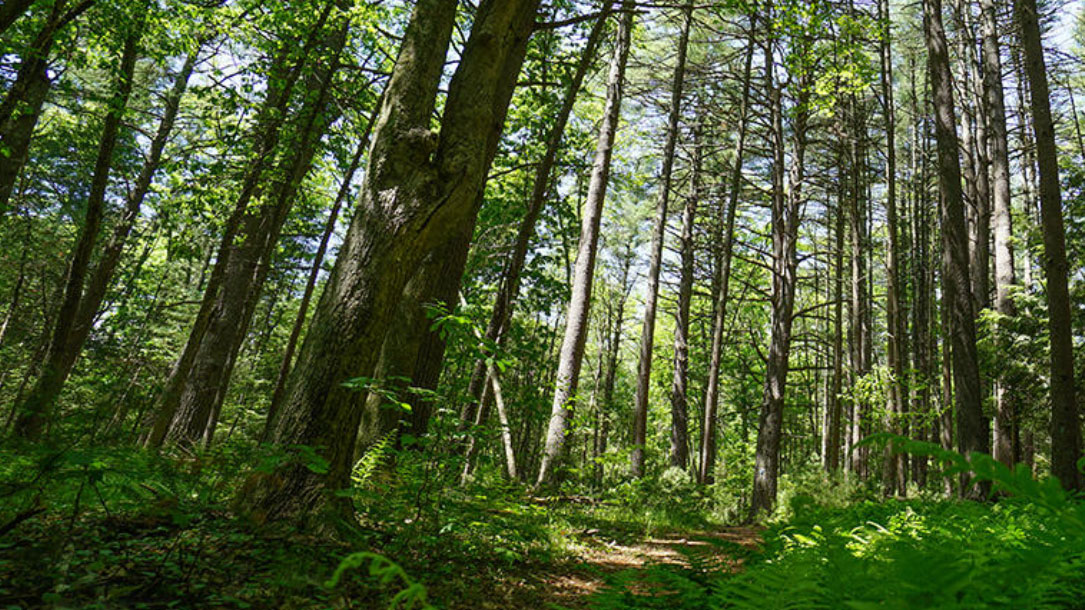
Capturing carbon in Mass Audubon forests
“Mass Audubon is committed to fighting climate change through conservation, advocacy, and education. And we are always looking for innovative ways to make a real and lasting impact. Our recent entry into the California Air Resources Board (CARB) carbon offset market is a prime example.
Establishing a price on carbon is an effective way to harness economic pressure to force carbon emissions reductions, but no policy has yet been implemented at the federal level. The best model is California’s comprehensive carbon emissions reduction campaign, which includes a cap-and-trade program for industries…”
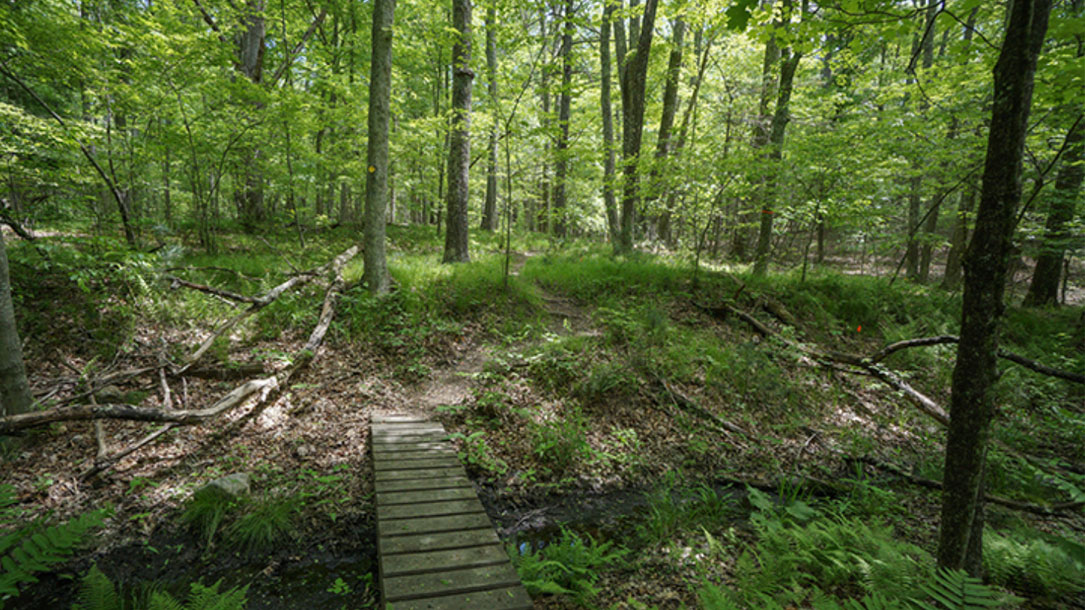
The role of land conservation in fighting climate change
At Mass Audubon, [their] land conservation strategy is directly linked to climate change mitigation and adaptation. As the largest private land owner in Massachusetts with more than 38,000 acres protected, [they] know how critical land conservation and effective land management is in the age of climate change.
[Their] recent entry in the California Air Resources Board (CARB) carbon offset market ensures that 10,000 acres of forested land will be protected for the next 100 years, ensuring the carbon stored in this critical landscape remains there…
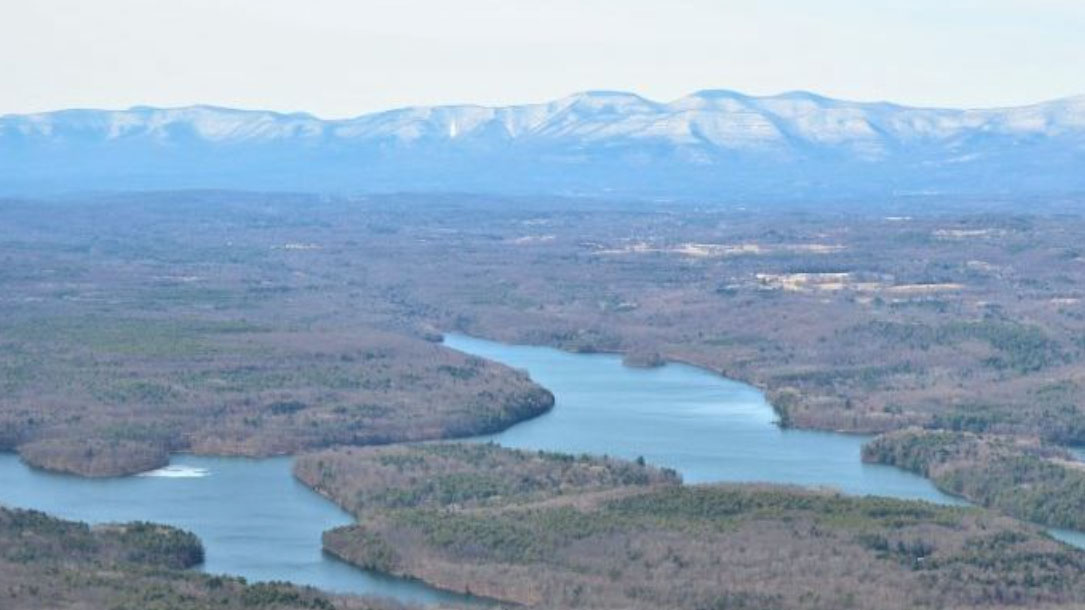
Partnering with a local city to sell carbon credits
Located in New York State, Mohawk Hudson Land Conservancy is working to slow down climate change in partnership with The Nature Conservancy and the City of Albany.
The Albany Water Board will receive funding from the sale of carbon credits. The Nature Conservancy expects this revenue to surpass one million dollars over the next ten years, which the Water Board will direct toward the implementation of the Sustainable Forest Management Plan, watershed management, and Water Board priorities.
As outlined in the Plan, the Albany Water Board has entered into a Conservation Easement with the Mohawk Hudson Land Conservancy…



